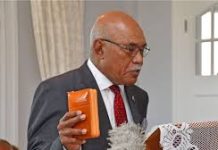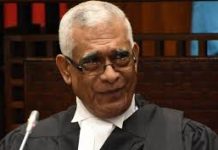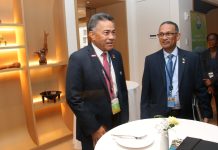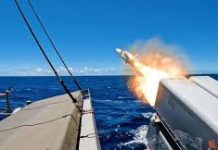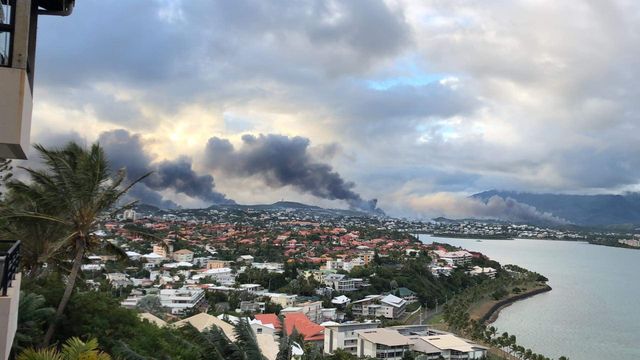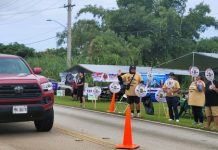France has said it will impose a state of emergency in New Caledonia for at least 12 days, after a second night of unrest over changes to voting rights in the overseas territory that has resulted in the deaths of at least four people.
A government spokeswoman, Prisca Thevenot, announced the decision after a cabinet meeting on Wednesday afternoon in Paris, saying it would aim to calm tensions after the “scenes of chaos.”
The emergency measures will give authorities greater powers to tackle the unrest, including the possibility of house detention for people deemed a threat to public order.
“The priority is to restore order, calm, serenity,” the spokeswoman said.
The last time France took such a measure for the Pacific archipelago was in January 1985, during a peak of recurring violent conflicts between French authorities and a pro-independence movement that spanned most of the 1980s.
More than 130 people have been arrested and “several dozen rioters” taken into custody amid the unrest, according to the French high commission. Since Monday, more than 300 people have been injured, it has said.
Rioting began this week before politicians in Paris – 10,600 miles (17,000 km) away – voted on a bill to allow French residents who have lived in New Caledonia for 10 years the right to vote in provincial elections. Some local leaders fear this change would dilute the share of the vote held by Kanaks, the Indigenous group that makes up about 41% of the population and the major force in the pro-independence movement.
Three of the people who died on Wednesday were young Indigenous Kanak, said a spokesperson for New Caledonia’s president, Louis Mapou. The fourth fatality was a gendarme who died later from his injuries.
All local political parties in the overseas territory issued a joint statement calling for “calm and reason” as a curfew was extended to Thursday and schools and the airport remained closed.
In the capital, Nouméa, and in the commune of Païta there were reports of several exchanges of fire between civil defence groups and rioters.
French officials said one person had been found shot dead in an industrial zone. The high commissioner, Louis Le Franc, said the shot had not come from police but “from someone who probably was defending himself”.
Le Franc warned that if calm were not restored there would be “many deaths” in the Nouméa metropolitan area.
“The situation is … very serious,” he said. “We have entered a dangerous spiral, a deadly spiral.” Le Monde reported thatLe Franc had described the situation as “insurrectional”, saying it could take on “a form of civil war”.
“Numerous arsons and pillaging of shops, infrastructure and public buildings – including primary and secondary schools – were carried out,” said the high commission.
Security forces regained control of Nouméa’s prison, which holds about 50 inmates, after an uprising and escape attempt by prisoners.
As well as a curfew, gatherings have been banned alongside the carrying of weapons and the sale of alcohol. The La Tontouta international airport remained closed to commercial flights.
The voting amendment is the latest flashpoint in a decades-long tussle over France’s role in the island.


